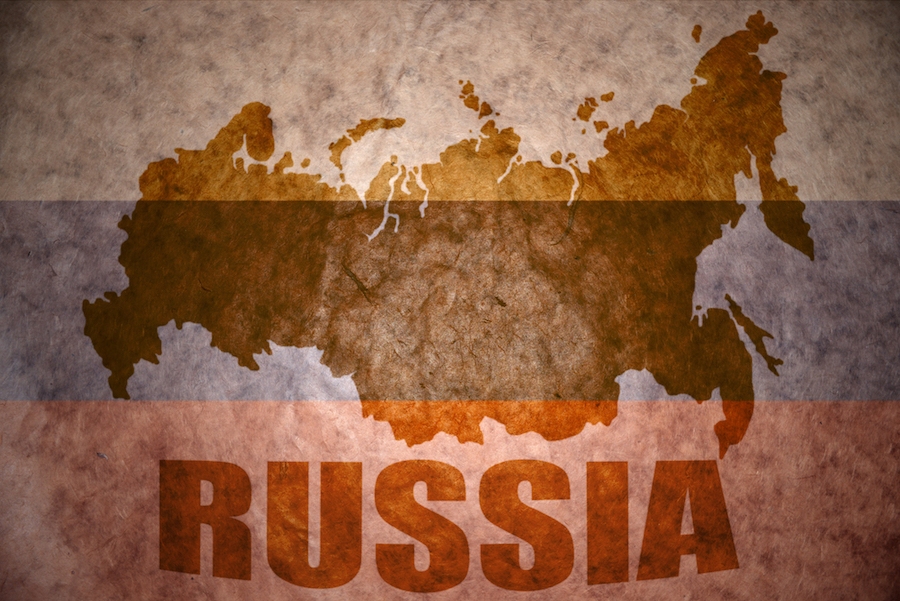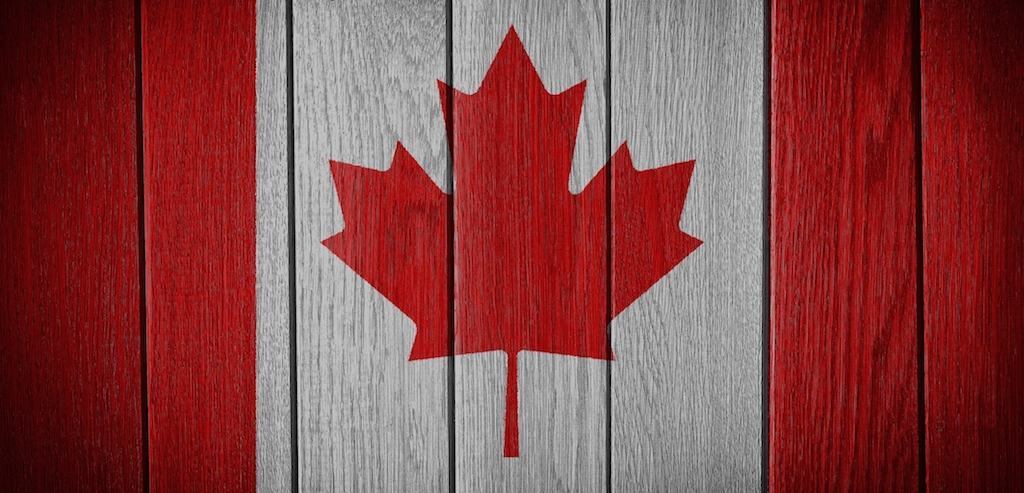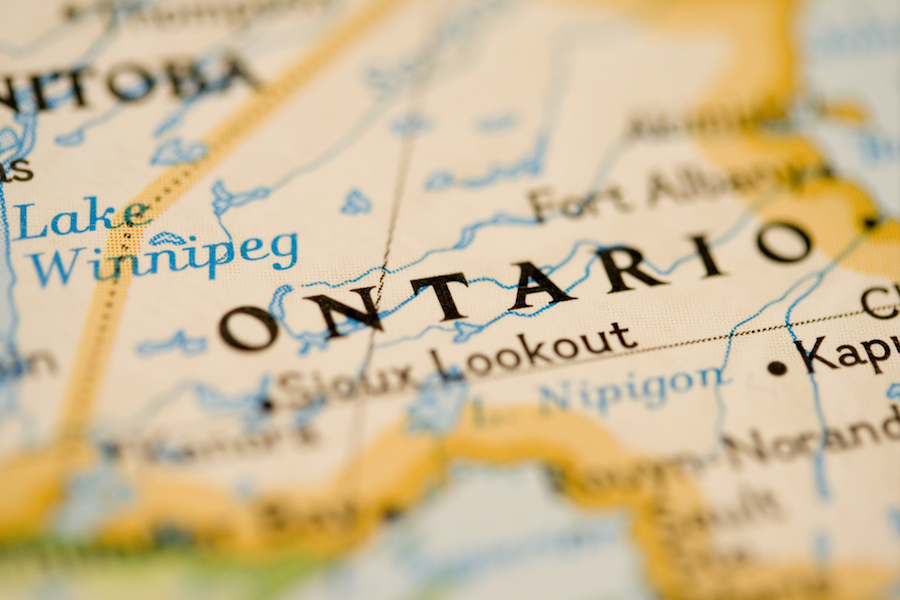Canada has long been a card-playing hotspot and that goes for online poker as well. However, players in the province of Ontario may have received some unwelcome news recently.
In late January, provincial officials released a launch date for the Ontario private online poker market. The new rules, however, may leave players locked out of the international player pool.
Instead, players will find themselves in a “ringed-in” environment, similar to the state-by-state approach currently in the United States.
“On (Jan. 28), the province revealed the launch date for its new market, April 4,” Online Poker Report noted. “On that date, companies without an operating agreement will have to cease serving Ontario customers. Those that don’t comply will find themselves on the province’s black list.
“Those who do launch in the new market will have to comply with its regulations. Among these, Online Poker Report has learned, is the stipulation that Ontario poker sites cannot share traffic with other jurisdictions.”
A new playing field
Where the market is exactly headed remains an open question at this point. Until now, Ontario players could play in the open market on major sites like PokerStars and partypoker.
These sites would now have to re-enter the regulated market and provide a separate platform within the province. This would be a major departure from the historical online poker scene in the country and set it apart from other Canadian provinces.
“‘Sharing traffic’ is not allowed as pooled liquidity is not permitted in the Ontario regulated market,” a provincial gaming regulator told OPR.
Players in Quebec, British Columbia, and Manitoba have the option of official government-sanctioned sites. Those sites in Quebec and British Columbia already have a shared network and liquidity. Ontario could possibly join that at some point.
However, players in those other provinces also have the option of playing internationally in a gray market. Ontario players may not have that option.
Under the new regulations, poker platforms are disincentivized in Ontario under the plan. An operator that continues offering poker to Ontarians could be blackballed from ever offering legalized poker, sports betting, and other online gaming. That would curtail significant revenue generators in the province.
Players concerned about market changes
Operators haven’t responded yet to the change in the Ontario market. The moves have left some players disappointed in how the process has played out.
Mike Millard, 33, live in Whitby, Ontario, just outside Toronto. He’s a part-time player who works in digital media strategy by day. However, Millard plays poker about 24 hours a week as a second job.
“I grind most of my schedule on partypoker, but fill the schedule with PokerStars and GGPoker tournaments sprinkled in,” he says.
For major series, Millard may even take the entire time off work. The new changes have him frustrated with where online poker is headed in his home province.
“To anyone – like me – who thought the new Ontario regulations were a good thing … this is absolutely brutal news for poker players based in Ontario,” he recently noted on Twitter.
“I’m really curious how successful this will be. With the ability to play on all major sites and anti-government sentiment regarding their involvement with live casino poker, I can’t see why anyone would play on an Ontario-only site.”
Another ringed-in market?
Ringed-in markets allow players only to compete against other players in the same jurisdiction. In other words, Ontario players would be limited to playing against others in that province only.
The potential player pool for these players would shrink from the global market to Ontario’s almost 14.6 million people. These types of “ringed-in” or “fenced-in” markets have limited success as seen in US states like Pennsylvania and New Jersey.
India and Italy also feature similar setups for players in those countries. Ontario’s population comes in just ahead of Pennsylvania’s 12.8 million in the US. The Keystone State is the US’s largest online poker market by comparison.
Another reason operators may want to comply is the potential to operate or continue doing business in the US. As more states expand online gaming, companies don’t want to be seen as operating illegally in other countries.
“US regulators tend not to look kindly on operators who serve black markets,” OPR notes. “Even if Ontario can’t directly force operators to comply, the threat of losing market access in the US will be sufficient in most cases.”

Partypoker exits Russia
In other news along these same lines as not serving black markets, partypoker also pulled out of Russia last week. Parent company Entain cited legal concerns for the move.
“It’s correct we are removing services from various locations due to regulatory issues,” party Twitch and community manager Colette Stewart noted on the site’s Discord server.
Russia is a large market that has seen considerable online poker growth recently. However, Entertain has worked to shift to regulated markets in recent years and left other markets as well.
PokerStars has made similar moves in some markets in recent years, but remains operating in Russia as of now. The company’s European Poker Tour also has a stop scheduled for Sochi from March 18-27.
888poker, GGPoker, and some other sites still operate in the country.

